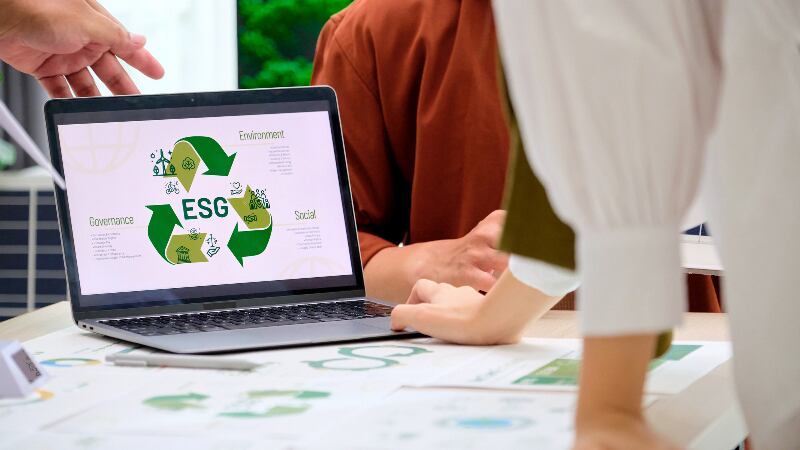According to Lim Tian Wee, founder of Gryphon, one of the primary challenges faced by small and medium-sized enterprises (SMEs) is to align their ESG goals with business growth.
“We acknowledged early on that sustainability and business performance are not mutually exclusive. Many SMEs, including us, often find it difficult to prioritise sustainability when the immediate need is to maintain profitability and growth.
“For us, it is important to incorporate ESG goals into our core business strategy, which calls for a fundamental shift in operations, culture, and values. To do that holistically, we relooked at all our processes to see how we can make them more sustainable. This transition requires significant investment and technical knowledge, and can be particularly challenging for SMEs managing limited resources,” he told FoodNavigator-Asia.
Another hurdle comes in establishing universally accepted ESG standards, which could be complex due to varying stakeholder priorities and interpretations of good practices.
“Despite a 20% increase in expenses due to our sustainability initiatives, we absorbed most of these costs. By aligning our growth targets with sustainability objectives, it has helped us see ESG as a means to improve our business operations, reduce costs, and increase efficiency, thereby turning the challenges into a competitive advantage.
“Our strategies align with Singapore’s Green Plan 2030, supporting national efforts to enhance the use of solar energy and minimise waste. While there is an initial investment for these technologies, the reduction in energy expenses will provide long-term financial benefits.”
At the same time, Lim believes that sustainability initiatives “speak volumes” about the company and help to secure itself as a brand of choice among eco-conscious consumers.
“Moreover, sustainable practices help us mitigate risks associated with environmental regulations and supply chain volatilities.”
Focus on impactful areas
Gryphon Tea’s most significant sustainability milestones include the transition to FSC-certified paper for packaging, and using plastic-free and compostable tea bags.
“We are on track to eliminate plastic wrapping entirely by the end of the year. This goal represents our commitment to reducing the reliance on plastics, and the impact on landfill waste and ocean pollution,” Lim said.
In terms of waste management practices, the firm is repurposing tea bag material waste as packaging fillers.
“Instead of throwing away packaging waste from our teabag production, we have given it a new life by using it as eco-friendly packaging filler for our e-commerce shipments. This not only reduces waste but also uses existing resources more efficiently.”
On the operations level, Gryphon’s production facility recently installed solar panels that cover 70% of its peak energy needs, marking a notable move towards leveraging renewable energy.
Apart from long-term cost savings, the panels also act as a shield against sun rays, reducing the indoor temperature by 2 to 3 degrees Celsius.
“The factory lighting has also been upgraded by swapping out halogen lights for energy-efficient LEDs, further diminishing our energy demand. Other benefits include a more brightly lid work environment, which promotes workplace safety.”
Going forward, the company aims to continue innovating in packaging to further cut waste. This includes exploring more sustainable materials that are biodegradable or recyclable, and rethinking designs to minimise resource use.
“We also plan to invest in new technologies that can help reduce our environmental impact. These could range from energy-saving appliances to waste-reduction systems, and even pioneering the processes behind tea production itself.
“We believe sustainability is a shared responsibility, so we plan to increase our efforts in educating and involving our employees in sustainability initiatives, such as training programmes, community projects, or partnerships with local environmental groups.”
We will be taking a closer look at Food and Nutra for Kids in our Growth Asia Summit 2024 this coming July, which will feature insights from a wide range of industry leaders and experts. Don't miss out – register here today!



